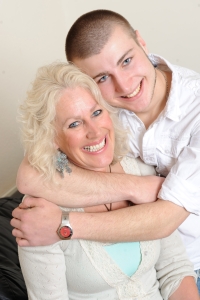Lisa Jo Rudy On Beyond Therapy: How to Get Started in the Community with Your Child on the Autism Spectrum
“Kids with autism spectrum disorders get an awful lot of therapy…[all] in support of a single goal. In the long run, we hope, kids with autism will grow up to be adults who enjoy their lives and achieve to their fullest potential. In an ideal world, we hope they’ll learn to navigate interpersonal relationships, build friendships or even romances, work in a job of their choosing, and operate as independently as a typically developing child.
The truth is, though, that neither school nor a therapist’s office is an ideal setting for meeting new people, exercising new skills, finding shared interests, or just having fun in the world…”









